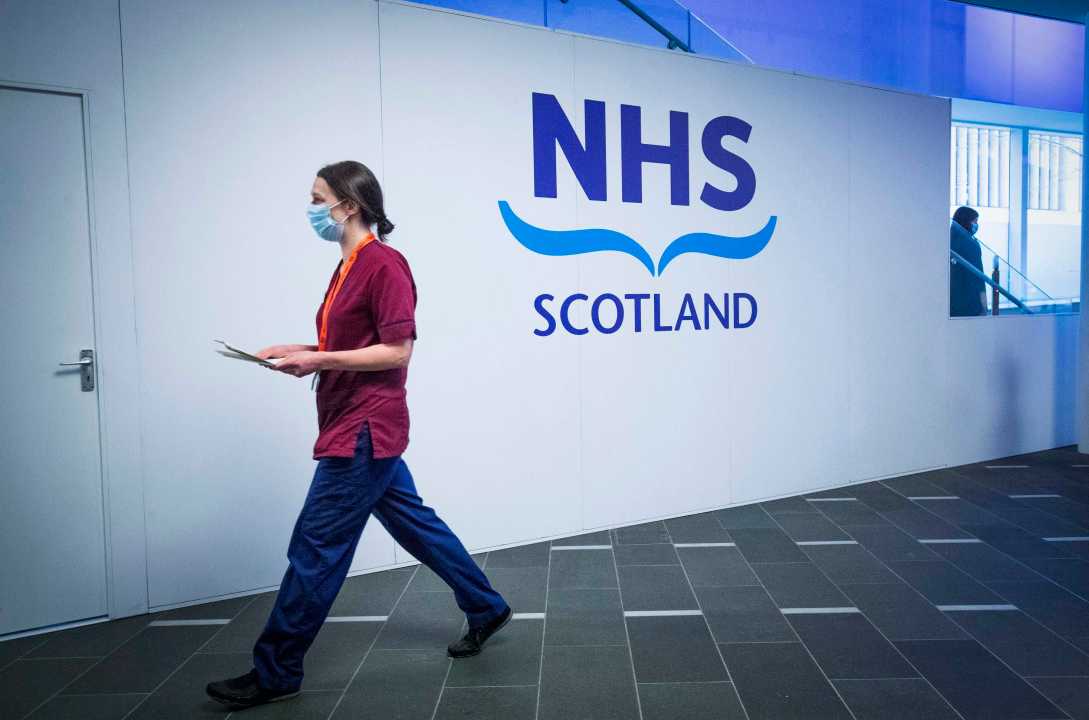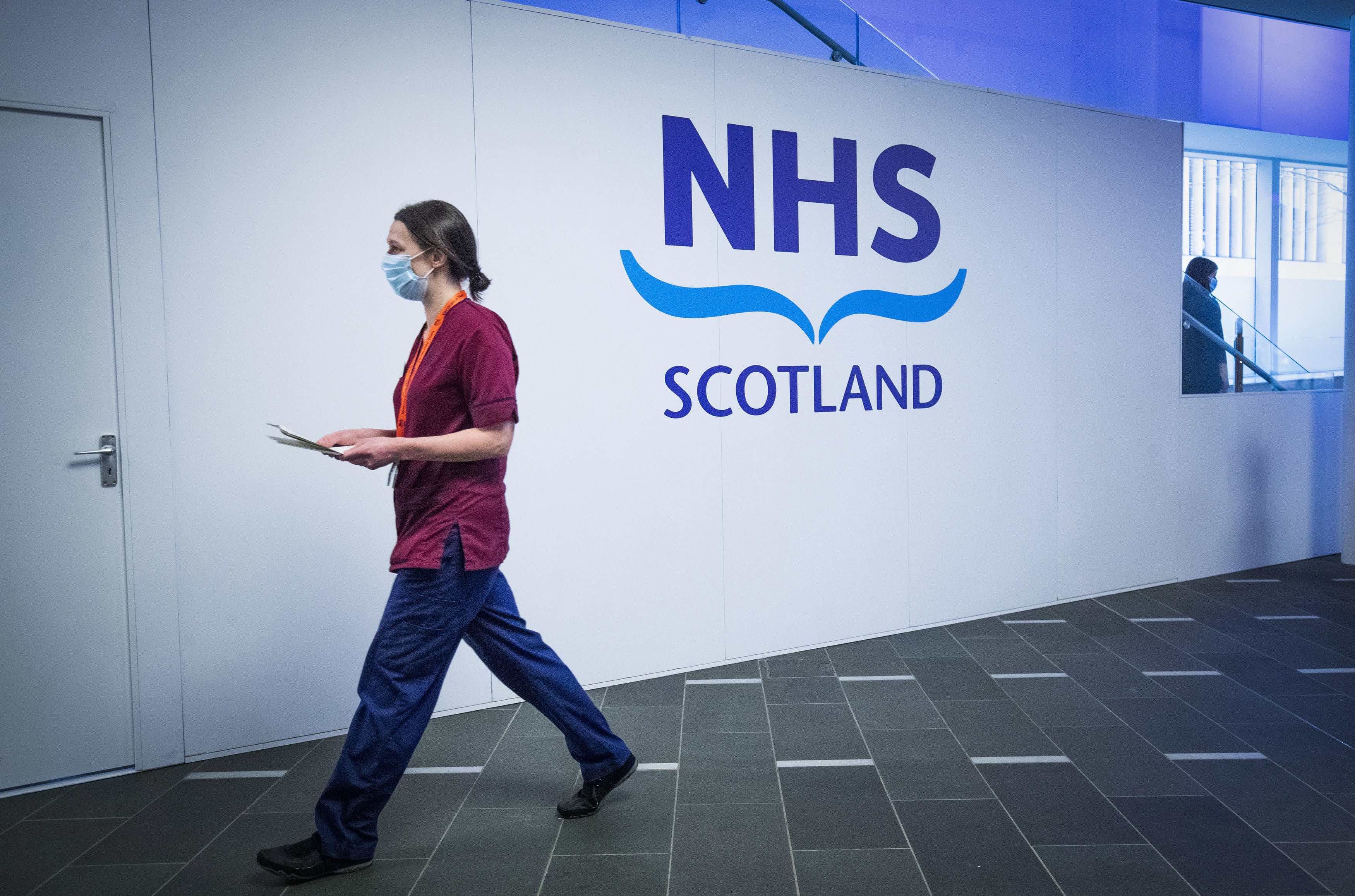Will NHS Scotland withstand the winter? According to draft minutes of a meeting of CEOs from each health board in September, there is growing concern the health service will not be able to operate normally over the winter months. It ‘is not possible to continue to run the range of programmes’ it reads, before stating that ‘unscheduled care is going to fall over in the near term before planned care falls over’.
The warning fits a pattern. Over the summer, the Milton Keynes University Hospital Foundation Trust boss Joe Harrison made headlines when he told a meeting with the Health Service Journal that ‘we’re in danger of all sitting around the campfire singing “kumbaya” as the Titanic sinks’, referring to the dire state of NHS England services months before the hardships of winter.
The data backs up reports from NHS bosses that the situation is deteriorating, rapidly. Scotland’s A&E waiting times have plunged since the pandemic, only falling further since life has returned to normal from the target of 95 per cent of patients to be seen within four hours.
The leaked minutes from NHS Scotland’s health board float the idea of a pivot to a ‘two-tier’ system, in which wealthy residents might pay for their treatment, leaving the national service provisions to those in financial need, as well as acknowledgement that ‘fundamental reform’ of NHS care ‘must be on the table’. The Scottish government has pushed back immediately, arguing against any reform that broke with the ‘founding principles of Bevan – publicly owned, publicly operated, and free at the point of need’.
This highlights the growing tension between health professionals and politicians, as problems with the NHS become clearer. The minutes from the health board even note ‘concern’ over how the Scottish government is ‘divorced from reality’ when it comes to what the NHS is able to offer post-pandemic. The patient experience under both NHS England and NHS Scotland is set to worsen significantly – with waiting lists as a record waiting 7 million cases and 451,000 cases respectively – a problem ministers acknowledge but have no solution for, apart from binning targets altogether.
It also raises questions about what exactly those ‘founding principles’ of the NHS are, and how they are best implemented in a modern health service. The ideas floated in the minutes reflect the bare bones of something like the German healthcare system: one that offers universal access to healthcare, using tiers and more market provisions for health services (a system that is also known for getting far better results for patients in areas like cancer and stroke and heart attack recovery than the UK). But if the principles of the NHS must be narrowly defined as a taxpayer-funded service for everyone, including the wealthy, there is going to be little room for manoeuvre.








Comments